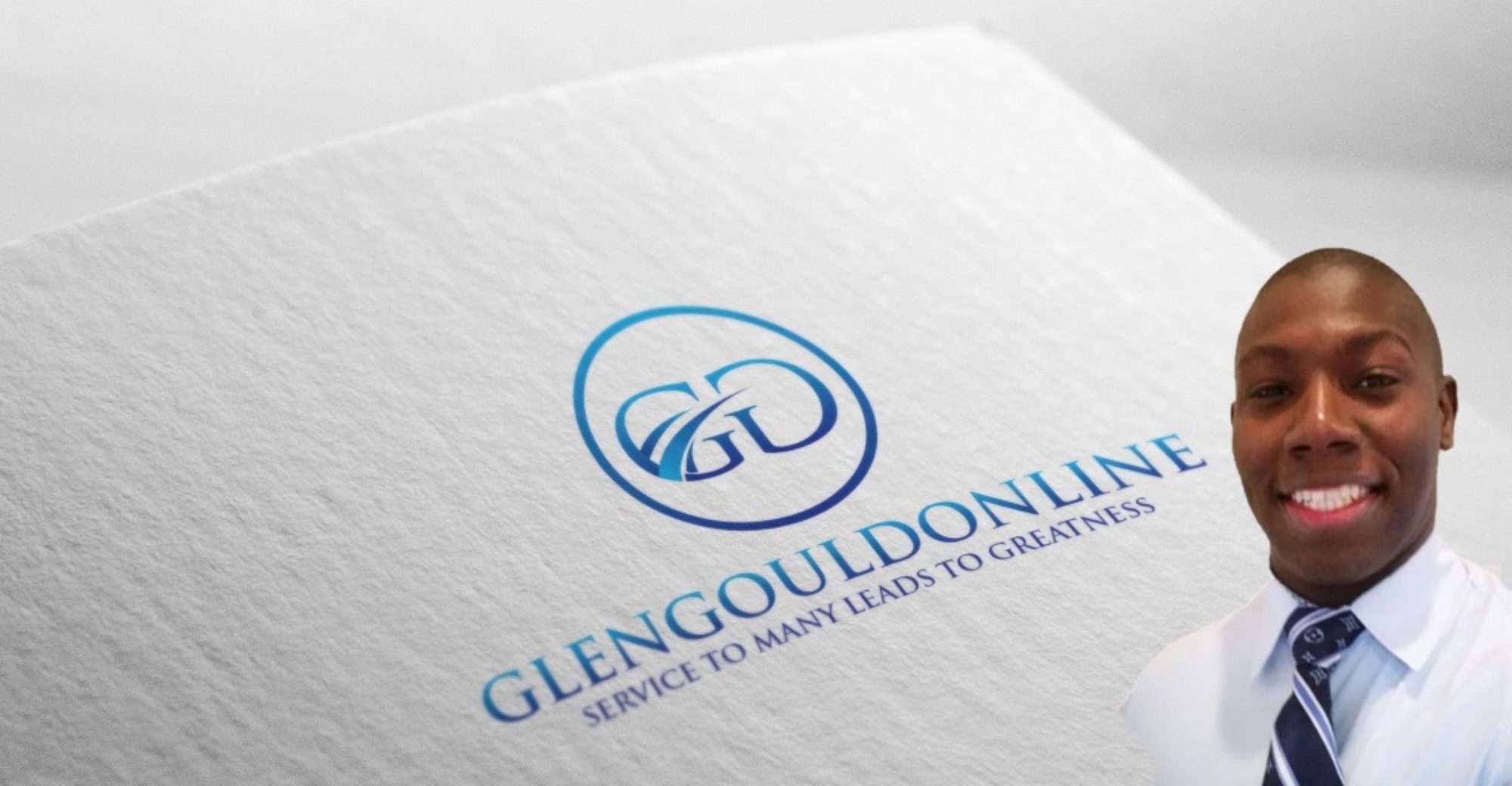In this in-depth guide, we will delve into the top 4 crucial factors that individuals should consider when choosing a mortgage. From interest rates and loan terms to lender reputation and financial goals, this comprehensive article will provide valuable insights and practical advice to help readers make informed decisions about their mortgage options. Whether you’re a first-time homebuyer or looking to refinance, this guide is designed to cater to a broad audience and offer a well-rounded perspective on the intricacies of selecting the right mortgage.

Understanding Your Financial Goals
When it comes to choosing a mortgage, understanding your financial goals is the first crucial step. Whether you’re a first-time homebuyer or looking to refinance, it’s essential to assess your long-term financial objectives. Consider factors such as the duration you plan to stay in the property, your future career and income prospects, and any major life events that may impact your finances.
Furthermore, determining your budget and affordability is paramount. Calculate your monthly income and expenses to establish a clear picture of how much you can comfortably allocate towards mortgage payments. It’s advisable to follow the general rule of spending no more than 28% of your gross monthly income on housing expenses.
Your income and existing debt will significantly impact your mortgage options. Lenders prefer to see that you have sufficient income remaining after covering your expenses and typically recommend allocating no more than 28% of your income to housing costs, with a maximum of 36% as advised by federally-sponsored lenders Fannie Mae and Freddie Mac. Additionally, mortgage lenders will assess your expected income in relation to your total debt, known as the debt-to-income (DTI) ratio, which is a crucial determinant of mortgage affordability. Research by NerdWallet revealed that a high DTI ratio is the primary reason for mortgage application rejections.
Identifying your risk tolerance and future plans is also vital. Are you willing to take on the risk of adjustable-rate mortgages (ARMs) for potential short-term savings, or do you prefer the stability of fixed-rate mortgages? Additionally, consider how your financial situation may evolve in the coming years and how your mortgage choice aligns with those changes.
Evaluating Interest Rates and Loan Terms

Interest rates and loan terms play a significant role in the overall cost of your mortgage. It’s crucial to understand the difference between fixed-rate and adjustable-rate mortgages (ARMs). Fixed-rate mortgages offer stable monthly payments throughout the loan term, while ARMs have fluctuating rates that can lead to varying monthly payments.
Analyzing the impact of interest rates on monthly payments is essential. Even a slight difference in interest rates can significantly affect the total amount you pay over the life of the loan. Use online mortgage calculators to compare different interest rates and their corresponding monthly payments.
Comparing loan terms is equally important. Shorter loan terms typically have lower interest rates but higher monthly payments, while longer loan terms result in lower monthly payments but higher overall interest costs. Consider your financial situation and future plans to determine which loan term aligns best with your needs.
Researching Lender Reputation and Credibility
Choosing the right lender for a first-time homebuyer or a refinancer is crucial. Researching lender reputation and credibility can help you avoid potential pitfalls. Start by reviewing customer feedback and online ratings for various mortgage lenders. Websites like NerdWallet and the Consumer Financial Protection Bureau (CFPB) offer valuable insights into the customer experience with different lenders.
Check for accreditation and industry recognition. Lenders that are members of reputable industry associations or have received awards and recognition for their services are likely to uphold higher standards of professionalism and customer satisfaction.
Understanding the importance of transparent communication and ethical practices is also key. A trustworthy lender should be forthcoming about all the terms and conditions of the mortgage, provide clear explanations, and adhere to ethical lending practices.
Assessing Your Eligibility and Financial Stability
Before choosing a mortgage, it’s essential to assess your eligibility and financial stability. Lenders typically consider credit score requirements and debt-to-income ratio when evaluating mortgage applications. Higher credit scores often lead to better interest rates and loan terms, so it’s advisable to work on improving your credit score before applying for a mortgage.
The three-digit number assigned by credit scoring companies, such as VantageScore and FICO, not only impacts your interest rate but also influences the type of mortgage you can obtain. Typically, a FICO score of at least 620 is required to secure a conventional mortgage from a major bank or credit union. However, certain mortgage types may necessitate even higher credit scores. For instance, to qualify for a U.S. Department of Agriculture (USDA) loan for purchasing a qualifying rural property, a minimum FICO score of 640 is needed. Additionally, if you are interested in obtaining a jumbo mortgage (which are home loans above $766,500 to $1,149,825, depending on the location of the property), you may need a FICO score of at least 700 or higher.

If your credit score is lower, there are still options available to you. For instance, if you have a credit score of 580, you may qualify for a Federal Housing Administration (FHA) loan by making a down payment of at least 3.5%. Even with a credit score in the 500 to 579 range, you may still qualify with a 10% down payment. Additionally, as a military service member, veteran, or spouse, you may be eligible for a U.S. Department of Veterans Affairs (VA) loan with a credit score between 580 and 620, requiring little to no down payment. Some regional banks and credit unions may also have more flexible credit score requirements.
However, if you have the means to do so, it may be advantageous to first pay down your debt in order to improve your credit score. By raising your score, you could potentially secure a more favorable loan with lower interest rates, which could ultimately enable you to purchase a more desirable home.
Consider your employment stability and income consistency. Lenders prefer borrowers with a steady source of income and a reliable employment history. If you’re self-employed or have irregular income, be prepared to provide additional documentation to support your financial stability.
Prepare necessary documentation and financial records in advance. This may include tax returns, pay stubs, bank statements, and other relevant financial information. Having these documents organized can streamline the mortgage application process and improve your chances of approval.
Factoring in Additional Costs and Hidden Fees
In addition to the mortgage amount, there are several additional costs and hidden fees to consider. Understanding closing costs and origination fees is crucial. Closing costs typically range from 2% to 5% of the loan amount and cover expenses such as appraisal fees, title insurance, and attorney fees.
Budget for property taxes and homeowners insurance. These ongoing expenses are often included in your monthly mortgage payments through an escrow account. Understanding the potential costs of property taxes and insurance can help you budget more effectively.
Anticipate potential maintenance and repair expenses. As a homeowner, you’ll be responsible for the upkeep of your property. It’s wise to set aside funds for maintenance and repairs to avoid financial strain in the future.
With home prices and rates still relatively high, securing a mortgage can feel daunting––even to the most experienced borrowers. But don’t let that deter you: If other homebuyers’ experiences are any indication, odds are you’ll eventually find a home loan that works well for you.
In fact, most U.S. homeowners say they’re satisfied with the mortgage they received, according to a recent Bankrate survey. The vast majority of the surveyed homeowners (69%) said they’d buy their current home again if they had a do-over.
3. Your Expected Down Payment
The size of your down payment will also impact the type of mortgage you can get. You don’t have to put down 20% to qualify for a conventional mortgage, but you will need a significant amount. According to the National Association of Realtors, the median down payment amount in 2023 was 14%. For younger buyers under the age of 33, it was 8%.
In some cases, a larger down payment may also help you qualify for loans you might not otherwise. For example, it can be tough to get a mortgage when you’re self-employed. But some conventional lenders may be willing to work with you if you put down more than 20%.
If your cash reserves are slim, then you may want to consider an FHA loan instead, which only requires 3.5% down.11 Or, if you qualify for a USDA or VA loan, you may be able to skip the down payment altogether and buy your home with no money down except for a small funding fee.1
Keep in mind, though, that a smaller down payment will likely mean a larger monthly payment. Plus, you’ll not only pay more interest overall and be responsible for a larger principal, you’ll also need to take out mortgage insurance. Conventional loans require private mortgage insurance (PMI) if your down payment is below 20%, while FHA loans always require insurance.
How much you spend on mortgage insurance will also vary, depending on the size and type of loan you choose, as well as your credit score and other factors. For example, FHA mortgage insurance premiums (MIPs) are generally more expensive than PMI and also require an upfront payment at closing on top of annual premiums. Insurance for adjustable rate mortgages (ARMs) also tends to be on the higher side.
Conclusion
In conclusion, choosing the right mortgage involves a thorough assessment of your financial goals, a careful evaluation of interest rates and loan terms, diligent research into lender reputation and credibility, a comprehensive review of your eligibility and financial stability, and a clear understanding of additional costs and hidden fees. By considering these factors and seeking professional guidance, you can make an informed decision that aligns with your long-term financial well-being. Whether you’re a first-time homebuyer or a seasoned homeowner, taking the time to explore your mortgage options is a critical step towards achieving your housing and financial objectives.

